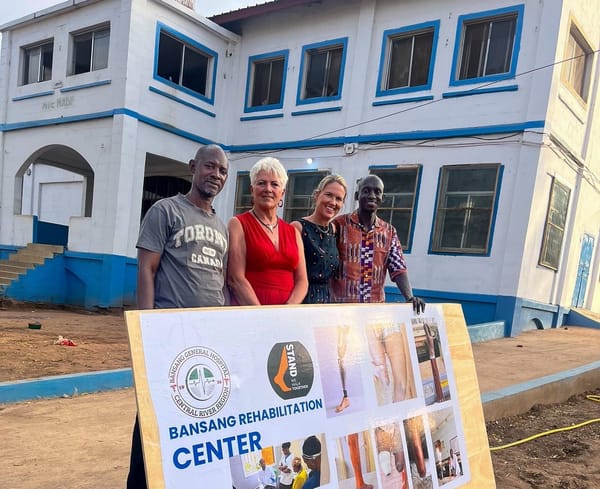A Greener Way to Fuel: Scientists Unlock Low-Carbon Hydrogen

By Science Correspondent
A team of engineers at Massachusetts Institution of Technology (MIT) has developed a new way to produce low-emission hydrogen fuel—using recycled aluminum, seawater, and even a splash of caffeine.
Hydrogen is often touted as a clean fuel, but most current production methods rely heavily on fossil fuels.
The MIT breakthrough offers a greener alternative that could significantly cut carbon emissions and help power everything from cars to boats.
The process, first revealed last year, uses scrap aluminum—like old soda cans—combined with seawater to create hydrogen gas. A small amount of gallium-indium alloy helps strip aluminum of its protective coating, allowing it to react with water and release hydrogen.
The salt in seawater even helps recover the alloy for reuse, making the cycle more sustainable.
Now, the team has run a full life-cycle analysis and found that their method emits just 1.45 kilograms of CO₂ per kilogram of hydrogen—far lower than the 11 kilograms released by fossil-fuel-based methods.
That puts it on par with other green hydrogen options, like wind and solar.
“With a small amount of aluminum fuel, you could power a hydrogen car for up to 100 kilometers,” said lead researcher Aly Kombargi, who recently earned his PhD at MIT.
The study, published in Cell Reports Sustainability, shows that using recycled aluminum not only cuts emissions but also keeps costs competitive—about $9 per kilogram of hydrogen.
The team has already built a small hydrogen generator, the size of a water bottle, capable of powering an e-bike for hours. They’re also working on compact reactors for marine and remote energy use.
The leftover aluminum byproduct, known as boehmite, is itself valuable—used in electronics and semiconductors—further adding to the process's appeal.
“The process works, and it’s scalable,” says Kombargi. “It’s a real step toward clean, accessible hydrogen.”
Paper: “Life Cycle Assessment and Cost Analysis of Hydrogen Production via Aluminum-Seawater Reactions”
https://www.cell.com/cell-reports-sustainability/fulltext/S2949-7906(25)00103-X%20
If you have a positive story or uplifting news to share, we’d love to hear from you!
Just email us at news@goodnewspost.co.uk.
Whether it's a local hero, an act of kindness, or a personal win, your story could help spread joy and improve someone’s mental health. Let’s make the world a little brighter, one good news story at a time.
And don’t forget—you can sign up for free to get the latest feel-good stories straight to your inbox!





